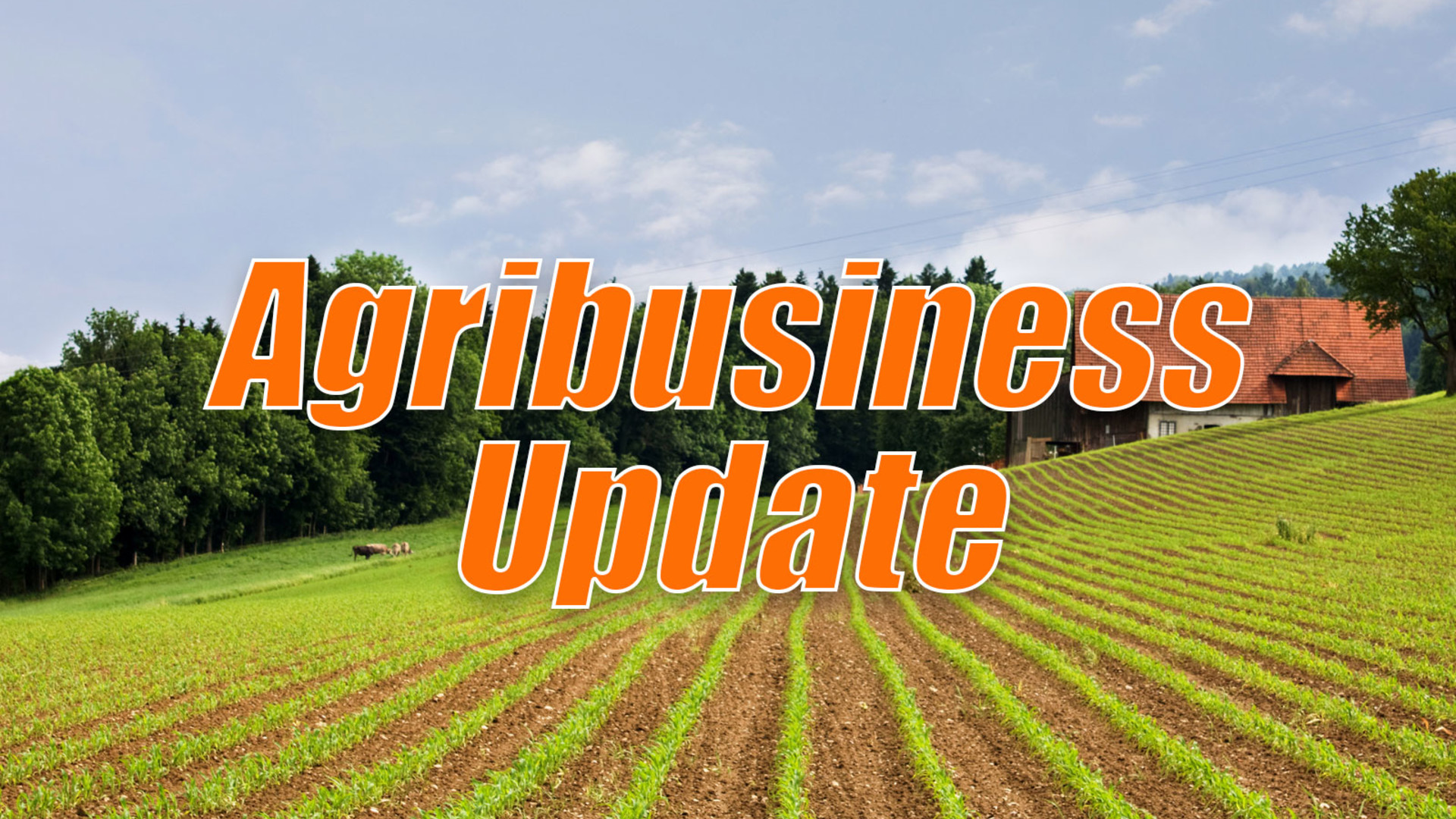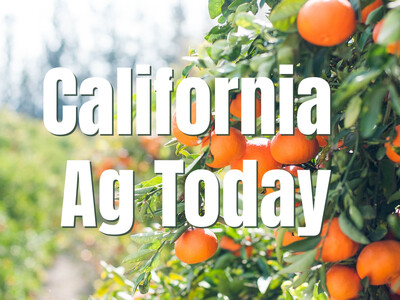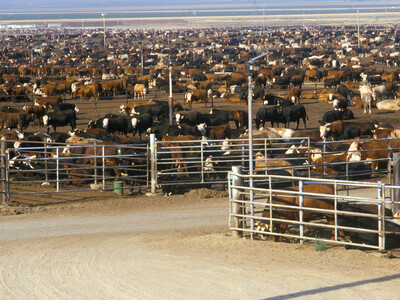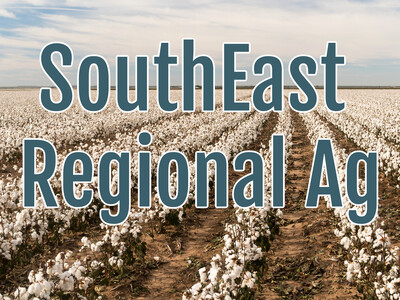Florida's Ag Lending Proposal and New Bird Flu Strategy
From the Ag Information Network, this is your Agribusiness Update.**Florida Ag Commissioner Wilton Simpson is highlighting the Florida Farm Bill and its proposal to protect Florida’s farmers and ranchers from environmental, social, and governance lending discrimination from financial institutions.
www.morningagclips.com reports the proposal will prohibit financial institutions from using ESG scoring to restrict services and capital to farmers.
Traditional lending determination options, like the evaluation of creditworthiness via credit scores and debt-to-income ratio, would still be available to financial institutions.
www.morningagclips.com/simpson-highlights-2025-florida-farm-bill/
**The Trump administration is rolling out a new strategy to combat avian influenza, moving away from mass culling of infected flocks.
www.agweb.com reports spearheaded by National Economic Council Director Kevin Hassett and Ag Secretary Brooke Rollins, the plan prioritizes enhanced biosecurity measures and medication to control the spread of the virus.
Zoetis received conditional approval for a bird flu vaccine.
The National Chicken Council warns vaccinating flocks could hinder poultry exports.
www.agweb.com/news/livestock/poultry/trump-administration-shifts-strategy-avian-flu?
**In Brooke Rollins' first week as Ag Secretary, she addressed 600 farmers, ranchers and industry leaders at the Top Producer Summit in Kansas City.
www.agrimarketing.com reports high on Rollins' priority list was the topic of trade and the President’s vision for U.S. agriculture, but noted “farmer and rancher concerns about trade tariffs are legitimate.”
Rollins says a key objective is to find and expand market access for U.S. ag products domestically and abroad.
www.agrimarketing.com/s/152725













